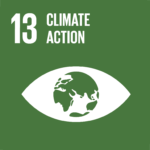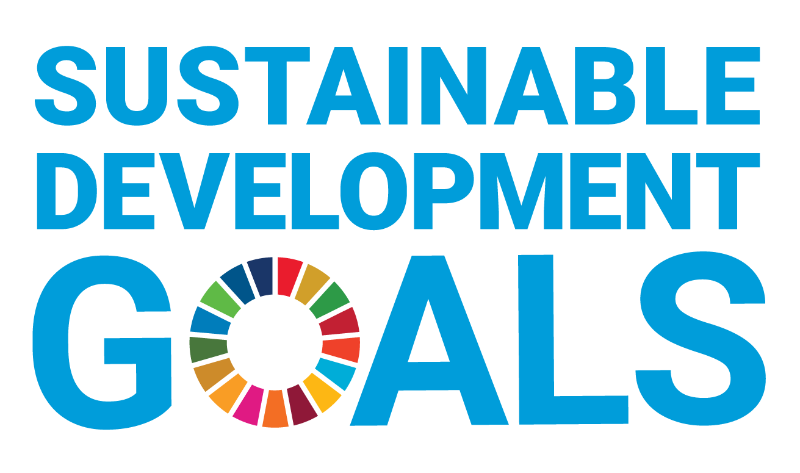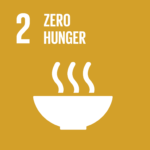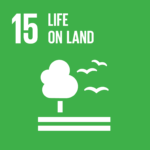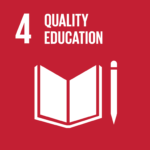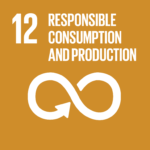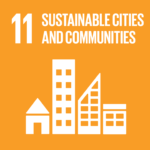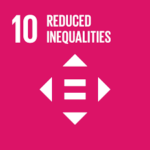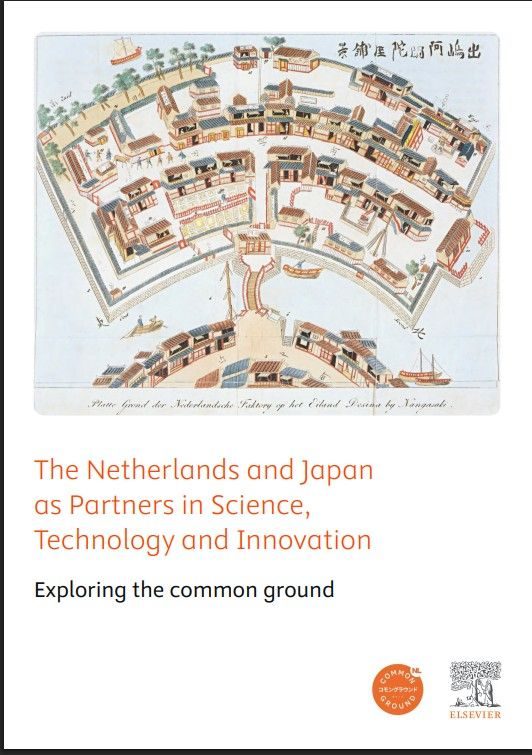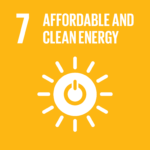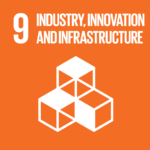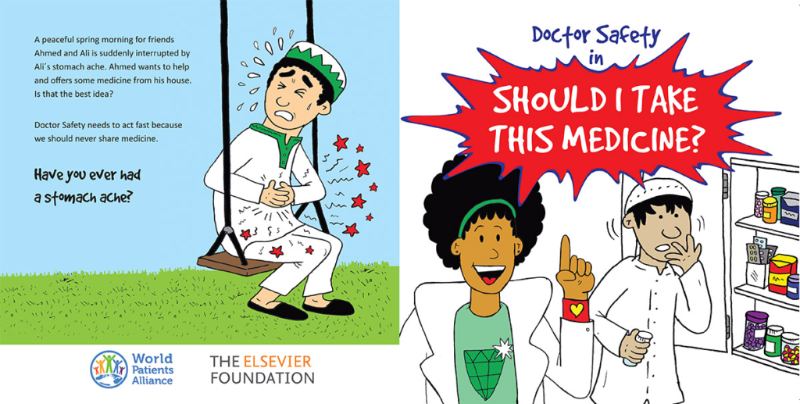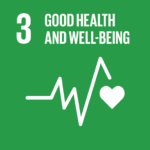A new report from Springer Nature, in partnership with Overton, offers the most comprehensive picture yet of how academic research is influencing real-world policy tied to the SDGs. Published during COP30, the analysis is the first of its kind, drawing on more than 12 million policy documents. It finds that SDG policy documents seem to cite more research than non-SDG policy, signaling a connection between science and action on global challenges such as health, climate, and social development.
Relevant SDG’s
